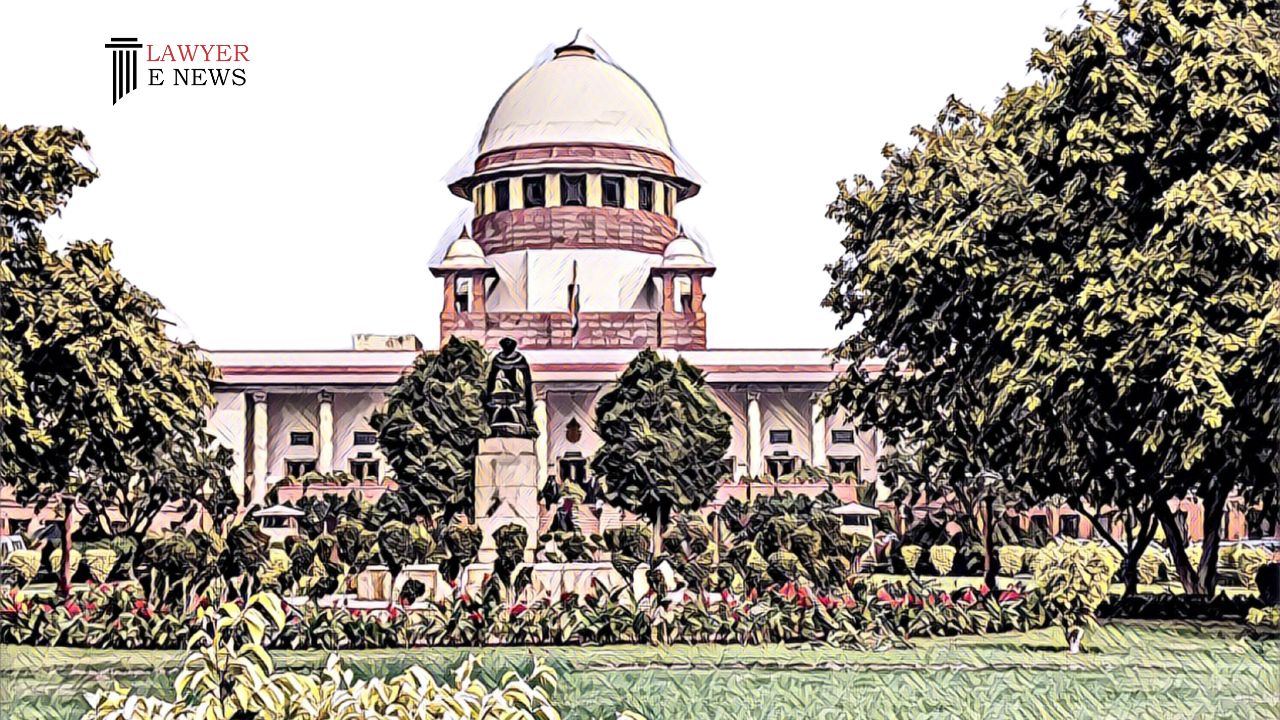-
by sayum
14 February 2026 2:22 PM



High Court's affirmation of life imprisonment under Section 302 IPC set aside due to procedural lapses in Section 313 Cr.PC examination.
The Supreme Court of India has overturned the conviction of Naresh Kumar, previously sentenced to life imprisonment under Section 302 IPC with the aid of Section 34 IPC, citing significant procedural lapses during his examination under Section 313 of the Code of Criminal Procedure (Cr.PC). The judgment, delivered by a bench comprising Justices C.T. Ravikumar and Sandeep Mehta, underscores the importance of adhering to procedural safeguards to prevent miscarriages of justice.
The case dates back to an incident on June 14, 1995, where an altercation over spilled water escalated, leading to the stabbing and subsequent death of Arun Kumar. Naresh Kumar, accused No. 4 in the sessions case, was alleged to have instigated his brother Mahinder Kumar to commit the murder, holding the victim to facilitate the stabbing. The trial court convicted Naresh Kumar under Section 302 IPC with the aid of Section 34 IPC, a conviction later upheld by the Delhi High Court.
The Supreme Court's decision primarily revolves around the procedural lapses during Naresh Kumar's examination under Section 313 Cr.PC. The Court noted that crucial incriminating circumstances, including the appellant's alleged exhortation to kill the victim and his act of holding the victim during the stabbing, were not presented to Naresh Kumar during his examination under Section 313 Cr.PC.
The Court emphasized that the failure to put these critical incriminating circumstances to the appellant deprived him of an opportunity to explain or defend against these allegations, resulting in material prejudice and a miscarriage of justice. The Court stated, "The non-questioning or inadequate questioning on incriminating circumstances by itself would not vitiate the trial unless it resulted in material prejudice to the accused".
The judgment highlighted the principle that an accused must be given a fair opportunity to explain any incriminating evidence against them, as enshrined in Section 313 Cr.PC. The failure to comply with this procedural requirement, especially in cases involving severe penalties such as life imprisonment or death, can render the trial unfair and unjust.
Justice Ravikumar remarked, "The appellant was materially prejudiced and it had resulted in blatant miscarriage of justice. The failure as above is not a curable defect and it is nothing but a patent illegality vitiating the trial qua the appellant".
The Supreme Court's judgment underscores the critical importance of procedural compliance in criminal trials to ensure justice is served. By setting aside Naresh Kumar's conviction, the Court has reinforced the necessity of providing accused individuals with a full and fair opportunity to defend themselves against all allegations. This decision is expected to have significant implications for the conduct of criminal trials, particularly concerning the application of Section 313 Cr.PC, thereby strengthening the procedural safeguards within the Indian judicial system.
Date of Decision: July 8, 2024
Naresh Kumar vs. State of Delhi
